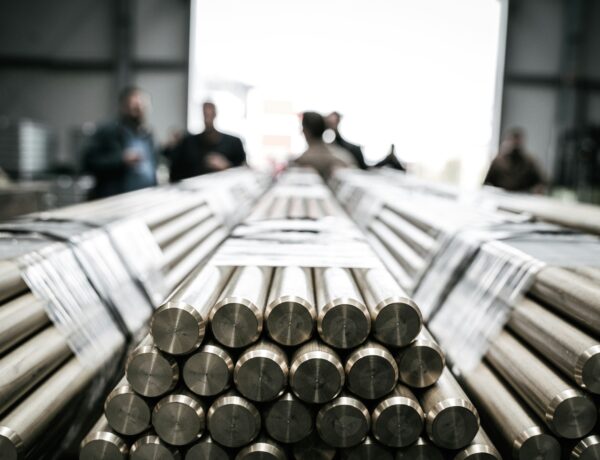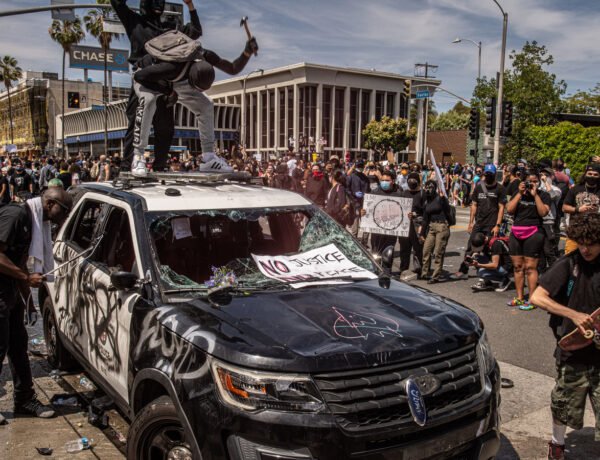Iran and U.S. Conclude Second Round of Nuclear Talks in Rome
Diplomatic Efforts Continue Amid Global Tensions
The United States and Iran have concluded a second round of high-stakes nuclear negotiations in Rome, signaling cautious optimism but leaving many issues unresolved. The discussions focused on reining in Iran’s nuclear program in exchange for potential sanctions relief.
Rome Chosen as Neutral Ground
Rome was selected as the venue for the second round of talks due to its diplomatic neutrality and Italy’s longstanding support for peaceful international negotiations. Delegations met at the Italian Ministry of Foreign Affairs under tight security.
Focus on Enrichment Cap and Inspections
Central to the negotiations were limitations on Iran’s uranium enrichment capabilities and expanded access for international inspectors. The U.S. team, led by Special Envoy Robert Malley, pushed for stronger verification mechanisms.
Iran Seeks Sanctions Relief and Oil Access
Iranian negotiators emphasized the need for immediate sanctions relief, particularly in the energy and banking sectors. They also called for renewed access to global oil markets, a key issue for Iran’s struggling economy.
Sticking Points Remain on Timelines and Compliance
Despite progress in certain technical areas, major sticking points remain, particularly over the timeline for Iran’s compliance and the sequencing of U.S. sanctions rollback. Tehran is seeking guarantees against future unilateral withdrawal from agreements, a reference to the U.S. exit from the 2015 nuclear deal.
European Observers Encourage Continued Dialogue
European diplomats in attendance, including representatives from France, Germany, and the U.K., welcomed the continuation of the dialogue and urged both sides to avoid provocative actions while negotiations proceed.
Israel Monitors Developments Closely
Israel has closely monitored the talks and reiterated its concern over any agreement that does not completely dismantle Iran’s nuclear infrastructure. Israeli officials have called for greater transparency and warned of consequences should Iran cross uranium enrichment thresholds.
Biden Administration Under Domestic Pressure
At home, the Biden administration faces political pressure from both parties. Some lawmakers are urging a firm stance and permanent restrictions, while others advocate for a swift deal to prevent further destabilization in the Middle East.
Iran Pushes Back on Western Demands
Iran’s delegation, led by Deputy Foreign Minister Ali Bagheri Kani, rejected what it called “excessive Western demands.” Tehran insists its nuclear activities are peaceful and that the U.S. must make the first move by lifting sanctions.
Humanitarian Concessions Discussed in Side Talks
In parallel discussions, the two sides broached humanitarian issues, including unfreezing Iranian assets for food and medicine and facilitating the release of detained dual nationals. These smaller steps are seen as confidence-building measures.
U.N. Welcomes Constructive Engagement
United Nations officials welcomed the progress, noting that sustained dialogue is vital for regional stability. The International Atomic Energy Agency (IAEA) offered to expand its monitoring presence if a framework deal is reached.
Russian and Chinese Involvement Limited
While both Russia and China were briefed on the outcomes, neither country played a direct role in the Rome talks. Analysts note that their future involvement could complicate or accelerate a broader diplomatic agreement, depending on geopolitical developments.
Economic Stakes High for Both Nations
The outcome of these negotiations carries significant economic implications. Iran is keen to revive its oil exports, while the U.S. is mindful of global energy markets, especially amid supply concerns tied to conflicts in other regions.
Talks to Resume in Geneva Next Month
Both sides have agreed in principle to reconvene in Geneva in May for a third round of discussions. Diplomats say the upcoming session could be decisive in either reaching a preliminary agreement or derailing the process entirely.
Conclusion: A Fragile Step Toward Resolution
While the Rome talks did not yield a breakthrough, they represented a critical step in keeping the door open for diplomacy. With both sides facing internal and external pressures, the coming weeks will be crucial in determining whether these fragile talks can lead to a renewed understanding—and prevent further escalation in an already tense geopolitical landscape.



